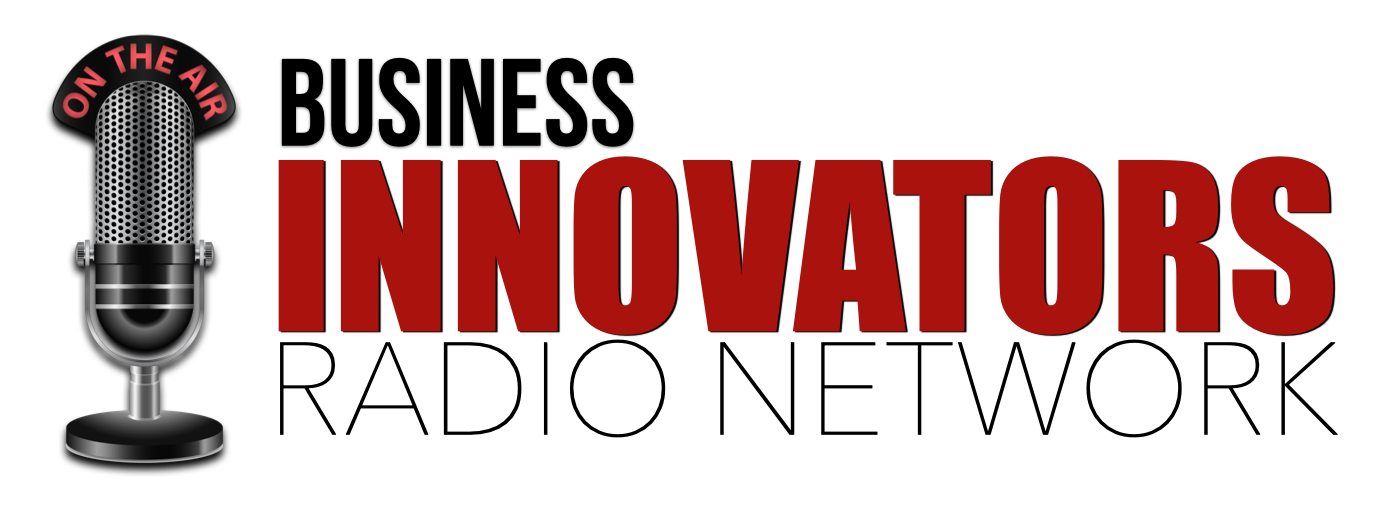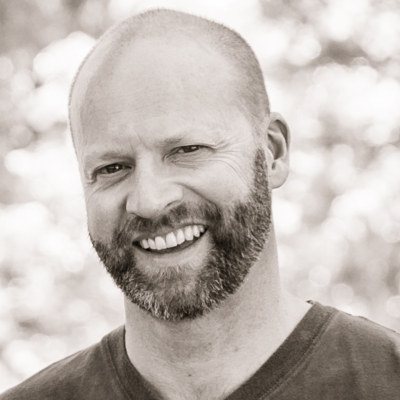Our guest today is Tricia Parido. She is a Certified Addiction Specialist and Master Life Coach. She is the owner of Turning Leaves Recovery LLC. Tricia specializes in post-treatment and she a wealth of experience improving the lives of her clients in lasting ways.
In this episode, she delves deep into the methodology of her practice, the way she structures her recovery programs, the importance of transcending the typical 30-60-90 mentality towards addiction recovery, her own life struggles, and what she can teach those who are looking to recover.
Join us and listen along!
How Tricia is Helping Clients at Turning Leaves Recovery LLC
Tricia states that she started her practice with a strong desire to extend the recovery process and be a robust support system for all clients.
She says the advantages of Turning Leaves treatment is in replacing bad habits with healthier habits, of not stuffing your emotions and feelings with things that are bad for your body. This ultimately means impulse control, emotional regulation, distress tolerance, and other very important facets of staying on track.
On “Building Milestones”
Tricia has a signature program called “Building Milestones”. She describes it as a program based around the practices that she did in her own recovery journey. In addition, she spent 5-6 years of deep research to bring a scholarly lens and validate the efficacy of the program.
When asked how long the program typically lasts, Tricia says that Building Milestones was designed with longevity in mind. In other words, the 30-60-90-day period that is customary for a lot of recovery programs is not very sustainable in her opinion. Although many of those programs are still very wonderful.
Her program is 31 weeks long! For information on this, listen along.
The Most Common Fears for Those Starting Addiction Recovery
Tricia says that change is the hardest part for most of her clients who are just starting off. She says she challenges them to embrace change and reorient their thinking when confronted with the often-scary prospect of change.
In addition, a lot of people are afraid of word getting out that they are being treated for addiction. Which can be a very legitimate concern for most.
To help clients get over these common fears, Tricia starts in a very foundational place where she encourages clients to define their core non-physical feelings. She also tries to direct the cultivation of calmness to overcome the often-overwhelming feelings of panic that can arise during recovery.
Common Mistakes She Sees from Her Clients
Most of the time, it is just unrealistic expectations of 30-day full recoveries or shortcuts to sobriety. That’s often why Tricia stresses longer programs and modes of thinking towards recovery because it is important to not let your guard down or expect to immediately get better.
Her philosophy and efforts have been in creating treatment that resonates with people and reduces recidivism.
She breaks this dynamic down within the episode very eloquently. Listen in!
What Led Tricia to Her Line of Work?
Tricia gets candid and says that her earlier life was definitely not easy. She says that once she had her own place, she was prescribed Xanax to help with her anxiety. Tricia states that she was uneducated on how careful to be with her prescription. So for 5 years of her life, she was not taking her medication in a structured way.
This is on top of her being a low-level daily drinker, as she describes it. And over that 5 year period, she grew more and more physiologically addicted. She could no longer control anxiety, and addiction treatment and recovery were never really suggested to her within those 5 years. So, as unfortunate as it was for Tricia, she learned the importance of addiction specialists and was inspired to pursue it as a career.
Post-Acute Withdrawal Syndrome
For those who aren’t familiar with the term. Post-Acute Withdrawal Syndrome (PAWS) is very common for those in recovery. These symptoms are rough because you can hit a stretch of days or weeks where things are ok physically, but then you experience extreme emotional and psychological anguish or difficulty.
Those experience PAWS can go through chaotic swings in mood and energy levels.
Some Good Questions for a Client to Ask Themselves During Recovery
The first question is: “why now?” Which basically means, why are you seeking recovery at this point in your life?
Another is: “how do you want to see yourself in this world?”
And speaking of questions to ask, she thinks it’s essential for those are looking to recover to interview multiple facilities and specialists before deciding as well. You want to find a place that speaks the language that speaks to you personally and that you can invest in wholeheartedly. Resonance is so vital for a successful recovery!
Key Links for Tricia:
Turning Leaves Website: https://turningleavesrecovery.com/
Tricia’s LinkedIn Page: https://www.linkedin.com/in/tricia-parido-24955616/
Turning Leaves Facebook Page: https://www.facebook.com/turningleavesrecovery2015/
Twitter: https://twitter.com/@TriciaParido
Pinterest: https://www.pinterest.com/turningleavesrecoverylifeandwe/
Instagram: https://www.instagram.com/triciaparido/



